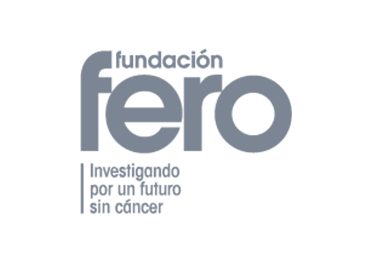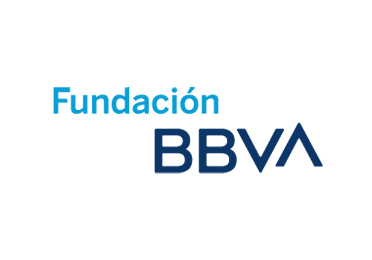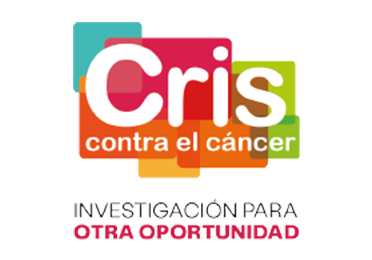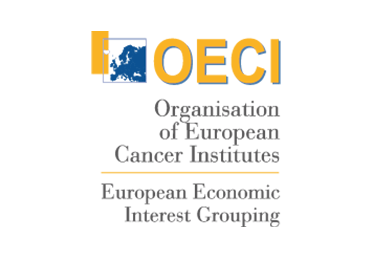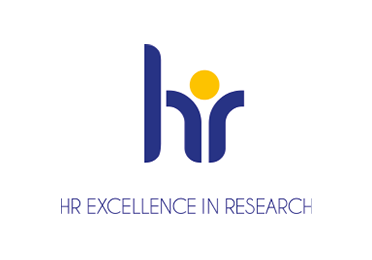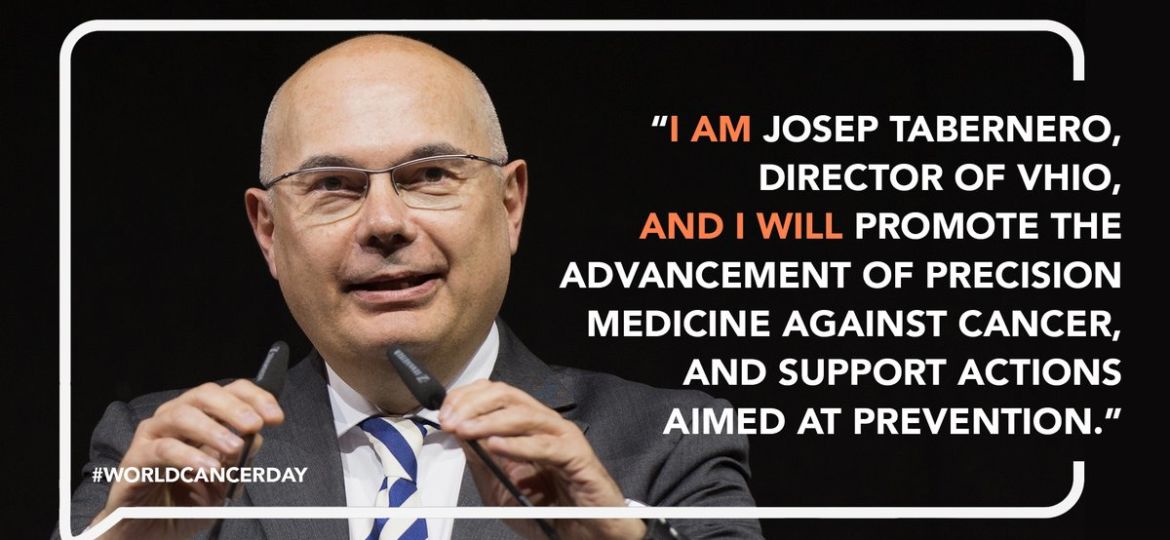

- International Public Opinion Survey on Cancer 2020 report available to download here
- Results indicate gaps in cancer risk awareness and health-promoting behaviours between higher and lower socioeconomic groups
- 4 February 2020 marks the 20th anniversary of World Cancer Day
Tuesday 4 February – Today’s World Cancer Day, led by the Union for International Cancer Control (UICC), aims to mobilise urgent action from individuals, governments, and the global cancer community to close the clear and unacceptable gaps in cancer risk awareness between higher and lower socioeconomic groups and the subsequent impact on their health-promoting behaviours.
To mark the 20th anniversary of World Cancer Day, UICC commissioned a global survey to form an up-to-date picture of the public’s experiences, views, and behaviours around cancer. Conducted by Ipsos, the survey includes more than 15,000 adults across 20 countries in the first multi-country public survey on cancer perceptions in a decade. The survey’s results, detailed in UICC’s report released today, International Public Opinion Survey on Cancer 2020: What people feel, think and believe about cancer today, indicate a clear divide between higher and lower socioeconomic groups when it comes to knowledge and awareness of cancer risks and, as a result, the practice of behaviours to limit such risk.
Chief Executive Officer, Union for International Cancer Control, Dr Cary Adams said:
“It is unacceptable that millions of people have a greater chance of developing cancer in their lifetime, because they are simply not aware of the cancer risks to avoid and the healthy behaviours to adopt – information that many of us take for granted. And this is true around the world.”
“In parallel with the promising research advances that we are collectively driving in more precisely and effectively treating this disease, we must engage all stakeholders to focus on prevention strategies –both at the individual and population levels- as well as devise and implement comprehensive National Cancer Control Plans. Only then will we truly succeed in reducing the global cancer burden,” added Dr Josep Tabernero, Director of the Vall d’Hebron Institute of Oncology (VHIO).
Awareness of cancer risks
The survey’s results show that there is generally a high level of cancer awareness among the surveyed population globally. Tobacco use (63%), exposure to harmful UV rays (54%) and exposure to tobacco smoke from others (50%) appear to be the most recognised factors that can increase a person’s risk of cancer. Meanwhile, a lack of exercise (28%), exposure to certain viruses or bacteria (28%) and being overweight (29%) appear to be the least recognised cancer risk factors.
However, individuals from a lower-income household bracket in the countries surveyed are less likely to recognise cancer risk factors than those from higher-income households. In all areas except tobacco use, this trend can also be seen when comparing people surveyed who have not completed a university education to those with university educations.
Practicing cancer prevention
Irrespective of where people live in the world, those surveyed with a lower education and those on lower incomes appear less aware of the main risk factors associated with cancer and appear less likely to proactively take the steps needed to reduce their cancer risk than those from a high income household or with a university education.
What should be done: Prioritising awareness raising to support health-promoting behaviours
An overwhelming 84% of individuals surveyed felt that governments should be taking action in relation to cancer whilst nearly a third of individuals surveyed believed that it is most important for governments to improve the affordability of cancer services – a measure notably emphasised by people surveyed in lower middle-income countries.
UICC President HRH Princess Dina Mired of Jordan said: “To tackle the global cancer burden now and for the future, governments and decision makers across the international cancer community must come together to ensure that everyone is afforded every opportunity to take control over their cancer risk – no matter their education or income level.”
To help raise greater awareness around cancer and to support health-promoting behaviours so that no one gets left behind, UICC is calling for all governments to:
- Prioritise cancer awareness raising and prevention through progressive health policies and education to support healthy decisions and health-promoting behaviour, with a focus on engaging lower socioeconomic populations
- Ensure the public is provided with up-to-date information on cancer risks and cancer prevention, and importantly that the information is presented and delivered in a way that is accessible by individuals from lower socioeconomic backgrounds
- Implement policy to help reduce the consumption of known cancer-causing products(e.g. tobacco, sugary food and beverages), to encourage health-promoting behaviours, particularly among lower socioeconomic groups
- Invest proactively in national cancer control planning and the establishment of population-based registries to ensure the most effective resource allocation that benefits all groups
- Continue to raise awareness with each new generation to help ensure that up-to-date information on cancer risks and cancer prevention is not taken for granted
As part of World Cancer Day’s ‘I Am and I Will’ campaign, which calls on each person to make a commitment – big or small – UICC recommends that everyone:
- Use World Cancer Day as an opportunity to improve your understanding of cancer risk factors and share your knowledge with others
- Make a personal commitment to reduce your cancer risks like quitting smoking, eating healthily, exercising regularly, and using sunscreen
- Take advantage of what your health system can provide, including getting a check-up, getting screened, and getting vaccinated
About World Cancer Day 2020
World Cancer Day takes place every year on 4 February and is the uniting global initiative under which the world comes together to raise the profile of cancer in a positive and inspiring way. Spearheaded by the Union for International Cancer Control (UICC), the day aims to save millions of preventable deaths each year by raising awareness and improving education about the disease while calling for action from governments and individuals across the world.
World Cancer Day 2020 will be led by the theme ‘I Am and I Will’, an empowering call for personal commitment and represents the power of our actions taken now to reduce the growing impact of cancer.
This year follows on from the success of last year’s campaign, which saw nearly 1,000 activities taking place in 127 countries, over 700,000 social media posts, and 62 governments participating in 2019.
For more information, please visit: www.worldcancerday.org
About World Cancer Day activities and grassroots events
Local and international associations and communities around the world are coming together to hold events dedicated to raising awareness and education about cancer, including free cancer screenings, fundraisers, awareness walks and runs, and public seminars.
For more information about specific events, please visit: www.worldcancerday.org/map
The Vall d´Hebron Institute of Oncology (VHIO)
Under the leadership of Josep Tabernero, the Vall d’Hebron Institute of Oncology (VHIO), has established itself as a comprehensive cancer center of proven excellence internationally. It is also thanks to VHIO’s optimal organizational structure based on a purely multidisciplinary and translational model that VHIO talents continue to anticipate and tackle the many unresolved questions in combatting this multifaceted and heterogeneous disease.
Located within the Vall d’Hebron Barcelona Hospital Campus, our researchers closely collaborate and interact with Vall d’Hebron physician-scientists. Translational science and clinical research are therefore tightly connected which promotes superb interaction and teamwork which, in turn, accelerates the bench-bedside-bed cycle of knowledge.
This privileged environment affords VHIO direct access to patients as well as the entire spectrum of oncology professionals who care for them, and a second-to-none appreciation of how cancer science can translate into more powerful, targeted treatments and better practice for the care of patients.
VHIO’s pioneering model and programs, coupled with its belief in combining strengths through cross-border collaborations, continue to spur advances in reversing cancer resistance, halting metastatic spread, and more effectively treating even the most undruggable tumor types.
VHIO’s translation toward precision oncology: https://www.vhio.net
About the Union for International Cancer Control (UICC)
The Union for International Cancer Control (UICC) is the largest and oldest international cancer-fighting organisation. Founded in Geneva in 1933, UICC has over 1,150 member organisations in 173 countries. It enjoys consultative status with the United Nations Economic and Social Council (ECOSOC) and has official relations with the World Health Organization (WHO), the International Agency for Research on Cancer (IARC), the International Atomic Energy Agency (IAEA) and the United Nations Office on Drugs and Crime (UNODC). UICC has over 50 partners, including associations, companies and foundations committed to the fight against cancer. UICC is a founding member of the NCD Alliance, the McCabe Centre for Law & Cancer and the International Cancer Control Partnership (ICCP) and established the City Cancer Challenge Foundation in January 2019.
UICC’s mission is to both unite and support the cancer community in its efforts to reduce the global cancer burden, promote greater equity and ensure that cancer control remains a priority on the global health and development agenda. It pursues these goals by bringing together global leaders through innovative and far-reaching cancer-control events and initiatives, building capacities to meet regional needs and developing awareness campaigns.
About Ipsos
Ipsos is an independent market research company controlled and managed by research professionals.
Founded in France in 1975, Ipsos has grown into a worldwide research group with a strong presence in all key markets. Ipsos is one of the three largest companies in the global research industry. With a strong presence in 90 countries, Ipsos employs more than 18,000 people and has the ability to conduct research programmes in more than 100 countries. Our passionately curious research professionals, analysts and scientists have built unique multispecialist capabilities that provide true understanding and powerful insights into the actions, opinions and motivations of citizens, consumers, patients, customers or employees.
Note on the International Public Opinion Survey on Cancer methodology
The International Public Opinion Survey on Cancer is the international online survey conducted from 25 October to 25 November 2019 on a total sample of 15,427 adults. The survey was conducted via the Ipsos Online Panel system in 20 countries around the world: Australia, Brazil, Bolivia, Canada, China, France, Germany, Great Britain, India, Israel, Japan, Mexico, Kenya, the Philippines Saudi Arabia, South Africa, Spain, Sweden, Turkey, and the USA. More detailed methodology can be found in the report.
###





